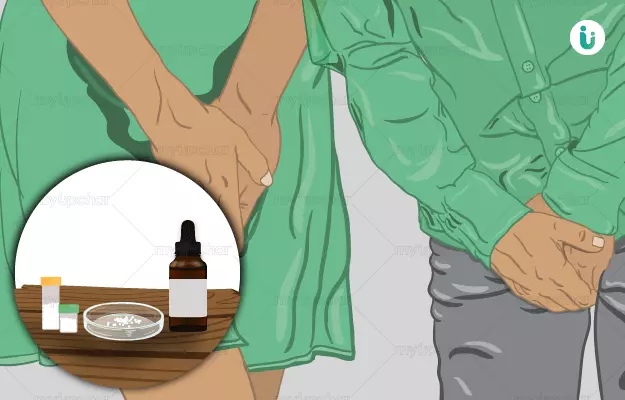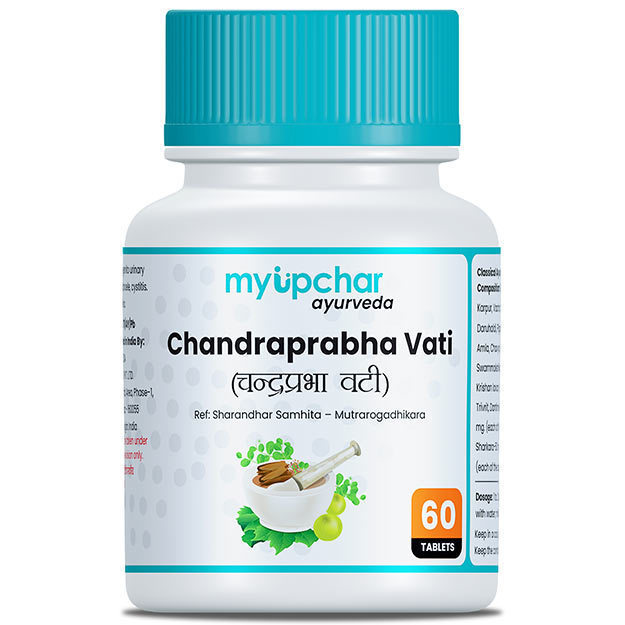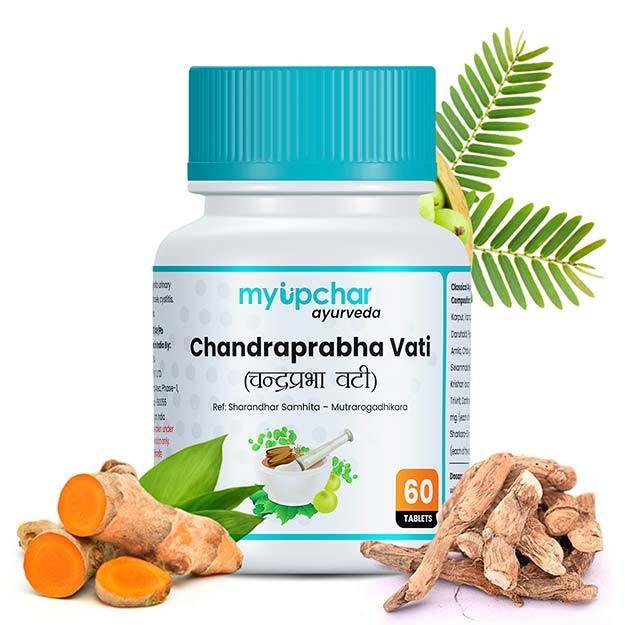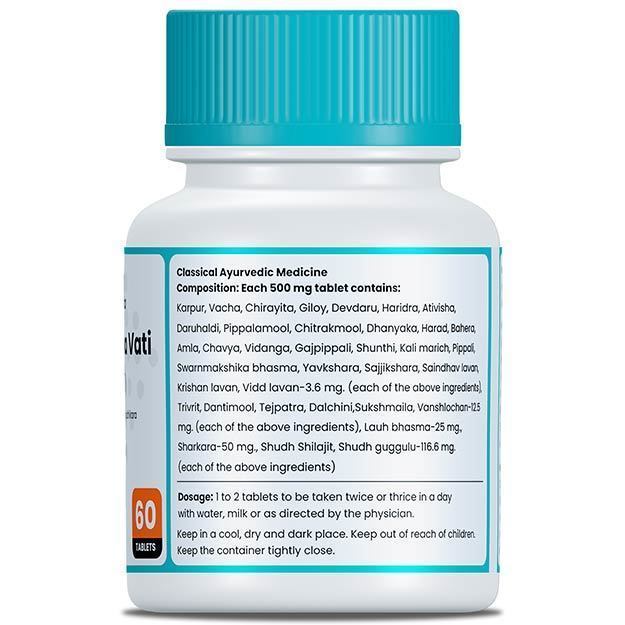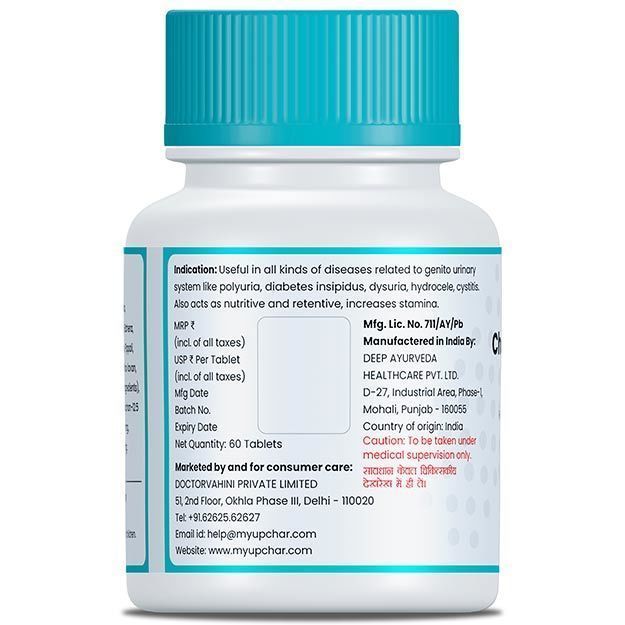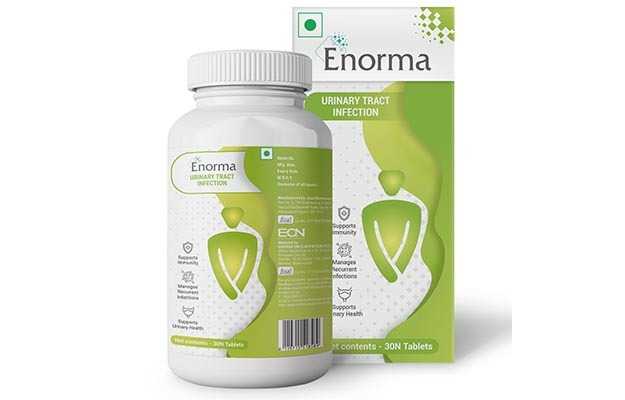Urinary incontinence or leaking urine is a common problem that affects the urinary bladder. It is not a condition in itself but a symptom of an underlying health condition, for example, prostate enlargement in men and pregnancy in women. Urinary incontinence may occur suddenly and go away after a short duration or continue as a long-term problem. The four types of urinary incontinence are:
- Stress incontinence: Leaking urine while exercising, coughing, laughing and sneezing
- Overflow incontinence: Leaking urine due to incomplete emptying of the bladder. The bladder fills more than its capacity, and excess urine starts to dribble.
- Urge incontinence: Leaking urine due to a sudden urge to urinate and not being able to use the washroom on time.
- Mixed incontinence: Leaking urine due to a combination of different types of urinary incontinence, e.g., urge and stress incontinence.
Urinary tract infections (UTIs), mental confusion, pregnancy, severe constipation, and putting pressure on the bladder are some of the common causes of temporary or acute urinary incontinence. Pelvic organ prolapse (an organ from the pelvis, e.g., the bladder, drops or presses onto the vagina due to weakened muscle/tissue support) in women, injuries of the spinal cord, diseases affecting the nervous system (e.g., stroke), enlarged prostate in men, spasms in the bladder, weakening of the bladder sphincter (a circular shaped muscle that opens and closes the bladder) and Alzheimer’s disease are some of the causes of long-term urinary incontinence.
Conventional medicines recommended for urinary incontinence help improve bladder function, relax the bladder muscles and prevent muscle spasms in the bladder. Other than medications, methods such as surgery, botox injections and bladder nerve-stimulating techniques are used to treat urinary incontinence.
Homeopathic treatment of urinary incontinance includes remedies such as belladonna, nux vomica, sepia officinalis, causticum, benzoicum acidum, sabal serrulata, thyroidinum, pulsatilla pratensis, eupatorium purpureum and ferrum phosphoricum to treat urinary incontinence. Doctors prescribe these remedies on the basis of individual symptoms and mental and physical characteristics. So, a remedy that works well for one person may not be as effective for another unless prescribed by a doctor.
- Homeopathic medicines for Urine Incontinence
- Dietary and lifestyle changes for Urine Incontinence as per homeopathy
- How effective are homeopathic medicines and treatments for Urine Incontinence
- Side effects and risks of homeopathic medicine and treatment for Urine Incontinence
- Takeaway
Homeopathic medicines for Urine Incontinence
The following are some of the homeopathic remedies that are used for the treatment of urinary incontinence:
- Belladonna
Common Name: Deadly nightshade
Symptoms: Belladonna is known as a children’s remedy. This remedy is best suited to those who experience anxiety or fear. It helps to reduce urinary incontinence by improving urine retention. Belladonna also provides relief from the following symptoms:- Acute urinary tract infection
- Profuse and frequent urination
- Blood in urine without any disease
- A sensation as if a worm is moving inside the bladder
- Tenesmus (a feeling of incomplete excretion)
- Sensitivity in the vesical (a triangle-shaped region in the bladder) region
- Enlargement of the prostate
- Dark urine with turbidity and high levels of phosphates
Symptoms become worse in the afternoon, after lying down, in the presence of noise and after shaking. They become better on sitting in a semi-erect position.
- Nux vomica
Common Name: Poison-nut
Symptoms: Nux vomica works best in people who are thin, irritable, active, and nervous; have a highly reactive temperament and easily feel cold. This remedy helps treat urinary incontinence by reducing irritation in the bladder. It also helps relieve the following symptoms:- Blood in urine
- Spasms in the sphincter due to irritation in the bladder
- Frequent urination in small amounts
- Dribbling urine with renal colic (a pain that occurs when urinary stones block the urinary tract) that extends to the genitals
- A weak urge to urinate with spasms and small urine volume
- Itching sensation in the urethra while urinating along with bladder pain
Symptoms become worse after eating anything, in the morning, in the presence of dry and cold weather and after being mentally exhausted. They become better in the evening, after resting or taking a nap, and in the presence of wet and damp weather.
- Sepia Officinalis
Common Name: Inky juice of cuttlefish
Symptoms: This remedy is best suited to brunettes and people who feel tend to cold even when in a warm area. It helps treat urinary incontinence by reducing involuntary urination during the first sleep at night. Sepia officinalis also helps reduce the following symptoms:- Chronic cystitis (recurrent bladder infection)
- Sticky urine
- Reddish colour in urine
- A weight-bearing sensation above the pubis
- Slow urination
Symptoms become worse after sweating, washing clothes, in the afternoon and evening, lying on the left side and in damp environment. They become better after lying on a warm bed, sleeping, warm applications, exercising, drawing limbs up and taking a cold bath.
- Causticum
Common Name: Hahnemann's tinctura acris sine kali
Symptoms: This remedy works best in people who are fair, pale and have unhealthy looking skin, they typically have warts on their face; and experience sensations of soreness, rawness and burning in their muscles. This remedy helps treat urinary incontinence by improving urine retention occurring after surgical operations. It also benefits the following symptoms:- Involuntary urination with excitement and on coughing or sneezing
- Lack of sensation and awareness of passing urine
- Slow urine stream
Symptoms become worse in the presence of clear weather or dry and cold conditions. They become better in the warmth of the bed and with humid and rainy weather.
- Benzoicum Acidum
Common Name: Benzoic acid
Symptoms: This remedy treats urinary incontinence by reducing the symptoms related to and renal insufficiency (the inability of the kidneys to eliminate body wastes) and high uric acid. It also benefits the following symptoms:- Offensive or repulsive smell in urine
- Inflammation in the urinary bladder due to suppressed gonorrhoea
- Involuntary urination with dribbling urine
- Brown-coloured acidic urine
- High uric acid levels in urine
- Inflammation of the urinary bladder (Cystitis)
Symptoms worsen when the patient spends some time in open air.
- Pulsatilla Pratensis
Common Name: Wind flower
Symptoms: Pulsatilla pratensis is best suited for those who desire to be in the open air even if it is chilly outside. This remedy helps treat urinary incontinence by reducing the excessive desire to urinate. It also helps manage the following symptoms:- Pain with spasms in the urinary bladder after urinating
- Involuntary urination at night while passing gas or coughing
- A burning sensation in the opening of the urethra during and after urination
Symptoms become worse in the evening, after having fatty foods, staying in a warm room and lying on the painless or left side. They become better after consuming cold drinks and foods, using cold applications, and spending some time in open air.
- Sabal Serrulata
Common Name: Saw palmetto
Symptoms: This remedy is best suited for people who are scared of falling asleep. It helps treat urinary incontinence by reducing difficulties in urination and treating enlarged prostate. Saw palmetto also helps reduce the following symptoms:- Problems with the prostate gland
- Epididymitis (inflammation at the back of the testicle)
- A constant urge to pass urine at night
- Bedwetting
- Weakness of the sphincter muscle
- Chronic gonorrhoea
- Cystitis with enlarged prostate
- Ferrum Phosphoricum
Common Name: Phosphate of iron
Symptoms: This remedy is used for the management of the following symptoms:- Involuntary urination in the daytime
- Trickling of urine while coughing
- Polyuria (passing urine in abnormally large amounts)
- Irritation in the neck of the bladder
Symptoms aggravate between 4 to 6 pm, lying on the right side, and at night. They become better on using cold applications.
- Eupatorium Purpureum
Common Name: Queen of the meadow
Symptoms: This remedy helps reduce urinary incontinence by treating enlarged prostate and irritation at the base of the bladder. It reduces excess protein levels in the urine and also helps manage the following symptoms:- Milky urine or blood in urine
- Persistent and intense pain in kidneys
- A burning sensation in the urethra while urinating
- Discomfort and pain while urinating
- Constant desire to urinate with insufficient urine flow
- Thyroidinum
Common Name: Dried thyroid gland of the sheep
Symptoms: This remedy is best suited to young boys who have an undescended testicle and people with cretinism. It helps manage the following symptoms:- Presence of sugar and proteins in urine Read more: Protein in urine causes
- Floral odour in urine, usually of violets
- A burning sensation in the urethra
- Bedwetting in children who are irritable and feel nervous
- Increased production of uric acid in the body
Dietary and lifestyle changes for Urine Incontinence as per homeopathy
Dr Hahnemann, the founder of homeopathy, has recommended that a patient makes certain dietary and lifestyle changes (in both acute and chronic conditions) while undergoing homeopathic treatment. This is because homeopathic remedies are given in highly diluted doses and their action is easily affected by outside factors. Let us have a look at some of these recommendations.
Do’s:
- In the case of acute urinary incontinence, use linen and cotton clothing in the summer season and adjust the room temperature according to your comfort.
- In the case of chronic urinary incontinence, live an active lifestyle and eat healthy foods.
- Try and keep your body and mind calm.
Don’ts:
- In the case of acute urinary incontinence, do not live in unhygienic surroundings.
- In the case of chronic urinary incontinence, do not consume beverages like herbal teas, liquors prepared from medicinal spices, coffee, punches and odorous waters.
- Do not eat an excess of sugary, salty or spicy foods.
- Avoid eating vegetables and herbs that have medicinal properties.
- Do not read books while lying down.
- Try not to be angry or over-excited.
How effective are homeopathic medicines and treatments for Urine Incontinence
Homeopathic medicines are known to be helpful in reducing urinary incontinence caused due to various conditions including hysteria, use of a catheter, weakness in the sphincter muscle of the bladder, and digestive disturbances. However, there aren't many studies that prove the efficiency of these medicines in the management of urinary incontinence.
In a research study, a group of patients with dysfunction of the lower urinary tract due to a spinal cord injury and UTI were given homeopathic remedies as an add on therapy along with standard urological treatment.
The patients had symptoms of fever, reduced bladder capacity, bladder pain and urinary incontinence. After a 15-month follow-up, the frequency of UTI reduced in three patients and five patients were completely free of UTI. The study concluded that homeopathic remedies gave encouraging results in preventing UTI and proved to be an effective prophylactic medicine.
Side effects and risks of homeopathic medicine and treatment for Urine Incontinence
Homeopathic remedies usually do not have any side effects when taken in appropriate doses according to the prescription of a qualified homeopathic doctor. This is because the prescription is based on the disease severity as well as a person’s physical and mental makeup. The remedies are given in extremely diluted, minute and controlled doses, making side effects a rare occurrence.
Takeaway
Urinary incontinence can be an embarrassing condition for most people, whether young or old. It occurs due to a number of underlying health conditions including UTIs, enlarged prostate and pregnancy and is treated by improving bladder function and preventing muscles spasms in bladder, surgery or botox injections.
Homeopathic medicines aim at treating urinary incontinence through remedies that work on the basis of the physical, mental and emotional traits of a person. Homeopathic remedies are made from natural substances and are given in minute doses so unlike conventional medications they do not pose a risk for any side effects.
Find Homeopathic Doctor in cities
Doctors for Homeopathic medicine, treatment and remedies for Urine Incontinence

Dr. Rutvik Nakrani
Homeopathy
6 Years of Experience

Dr. Jyothi
Homeopathy
23 Years of Experience

Dr. Urvashi Chaudhary
Homeopathy
8 Years of Experience

Dr. Anita Kumari
Homeopathy
12 Years of Experience
References
- MedlinePlus Medical Encyclopedia: US National Library of Medicine; Urinary incontinence
- Contact Us The National Institute of Diabetes and Digestive and Kidney Diseases Health Information Center. Definition & Facts for Bladder Control Problems (Urinary Incontinence). USA; [internet]
- Oscar E. Boericke. Urinary Flow. Médi-T; [lnternet]
- Jürgen Pannek et al. Usefulness of classical homoeopathy for the prevention of urinary tract infections in patients with neurogenic bladder dysfunction: A case series. Year : 2014, Volume : 8, Issue : 1, Page : 31-36
- William Boericke. Homoeopathic Materia Medica. Kessinger Publishing: Médi-T 1999, Volume 1
- Hahnemann Samuel. Repertotium Homeopathicum. Médi-T; [internet]

